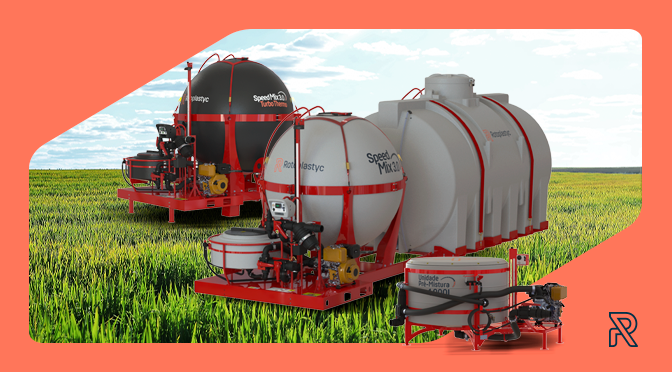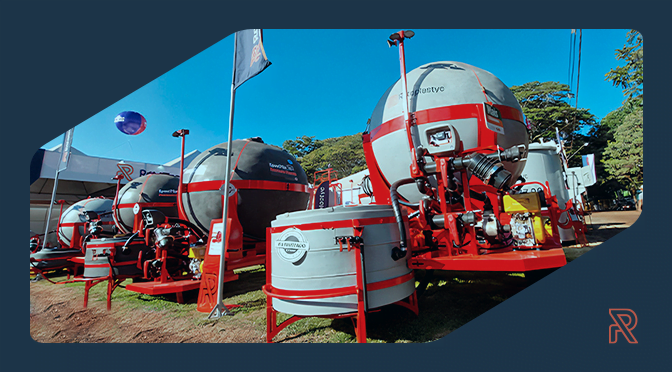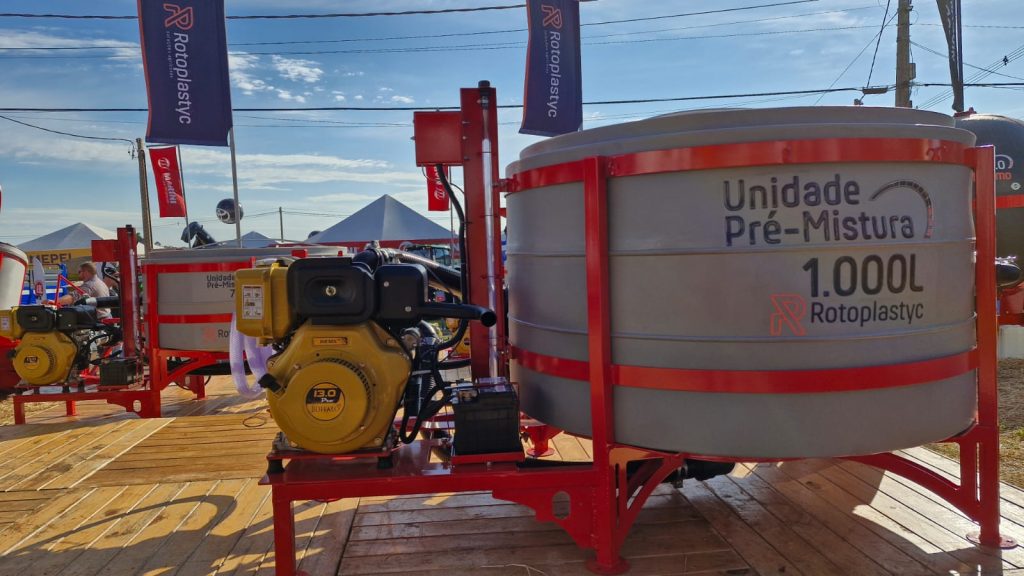Storage Tank: A Maintenance Guide for Farmers
Anyone working in the field knows how important it is to have solutions and products that streamline day-to-day operations. The storage tank is a perfect example, as it plays a vital role on agricultural properties by providing a safe and reliable place to store water, fertilizers, fuel, and other essential liquids for production. Among the many options available, rotomolded tanks stand out for offering key advantages such as design flexibility, high durability, and versatility.
Today, we’ll explore best practices for keeping these tanks in optimal condition, ensuring long-lasting durability and performance. Keep reading to learn more!
Storage Tank Maintenance
Some measures may seem simple, but they are extremely effective for preserving your rotomolded storage tanks and ensuring they continue to function properly. Here are the main recommended practices:
-
Regular visual inspections: These are essential for detecting early signs of wear, damage, or deterioration. During inspections, farmers should look for cracks, deformations, and other structural issues that could compromise the integrity of the tank.
-
Proper cleaning: Prevents contamination of the stored liquids and extends the service life of the tank. Follow the manufacturer’s recommended cleaning procedures, using non-corrosive products and rinsing thoroughly after cleaning.
-
Leak prevention: This situation is particularly dangerous and may result in the loss of valuable liquids, environmental contamination, and health risks. To avoid such problems, it’s important to regularly check the tank’s connections, valves, and seals, and replace any damaged components, especially in fuel storage tanks.
-
Maintenance of accessories and components: Items such as valves, fittings, and lids require regular upkeep. Inspect these components periodically and replace worn-out parts as needed to ensure the proper operation of your tank.
-
Safe and appropriate storage: The location where your tanks are kept should be carefully selected to ensure safety and protection from damage. Avoid placing tanks near high-traffic areas, heat sources, or corrosive chemicals. Make sure they are on level ground and properly supported.
-
Protection against mechanical damage: Scratches, dents, or punctures may compromise the structural integrity of the tank. Take precautions during handling and transportation to avoid such damage, such as using proper lifting equipment and protective measures during transport. It’s important to note that vertical tanks are not designed for transport and should be used in a stationary position on a flat surface.
-
Emergency procedures: Having clear and effective emergency protocols is essential for handling incidents such as leaks, ruptures, or other unexpected problems. Develop emergency response plans and ensure that all team members are familiar with the necessary actions. Remember: When the tank is intended for fuel storage, it is important to consult local environmental regulations and follow the municipal guidelines for tank installation.
The Importance of Choosing Manufacturers That Offer Warranties
Paying attention to maintenance and care for your storage tanks is the best way to maximize your property’s performance and prevent potential issues. It’s worth emphasizing that, beyond maintenance practices, it’s essential to rely on the support of the manufacturer and dealer, and to prioritize companies that offer proper warranties and reliable technical support.
At Rotoplastyc, we offer diesel and DEF storage tanks and much more, all with solid warranty conditions so farmers always have the quality and support they need on a daily basis. Contact us to learn how we can help.



